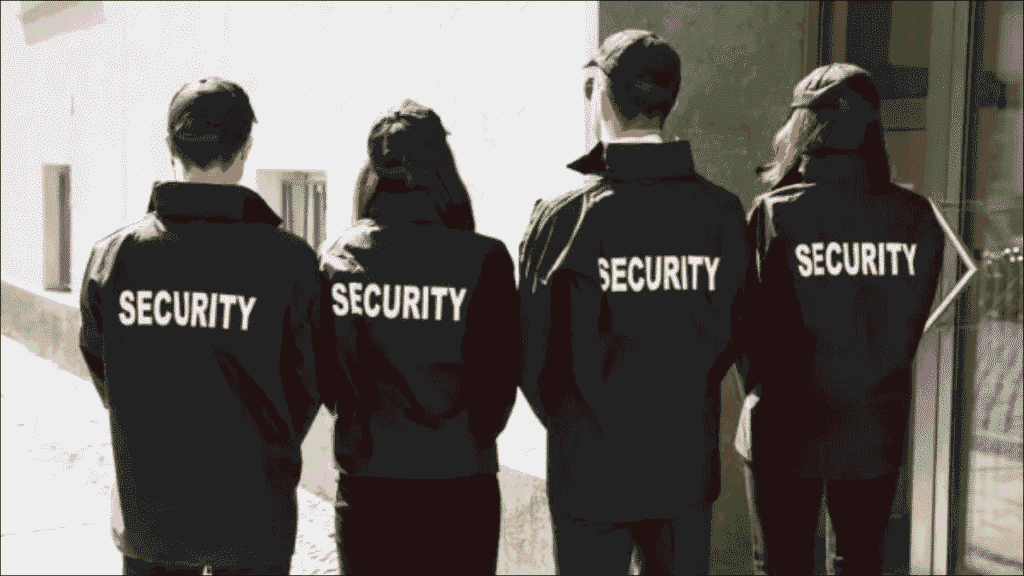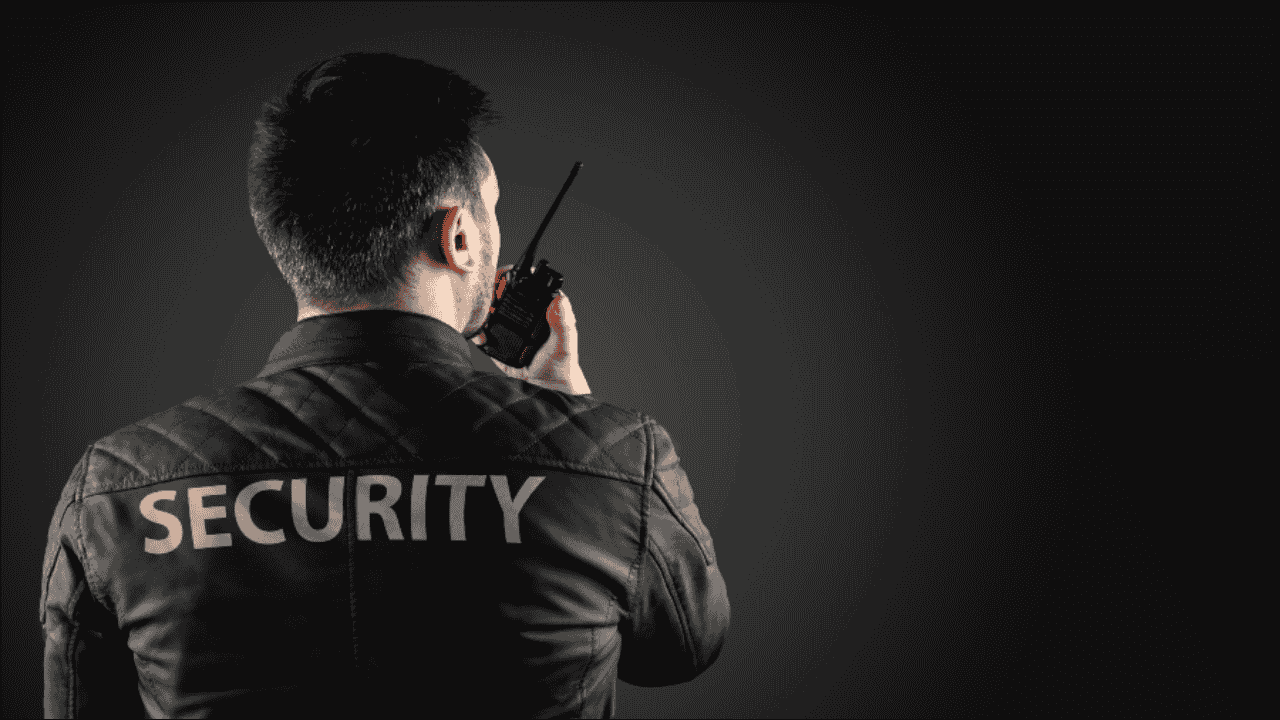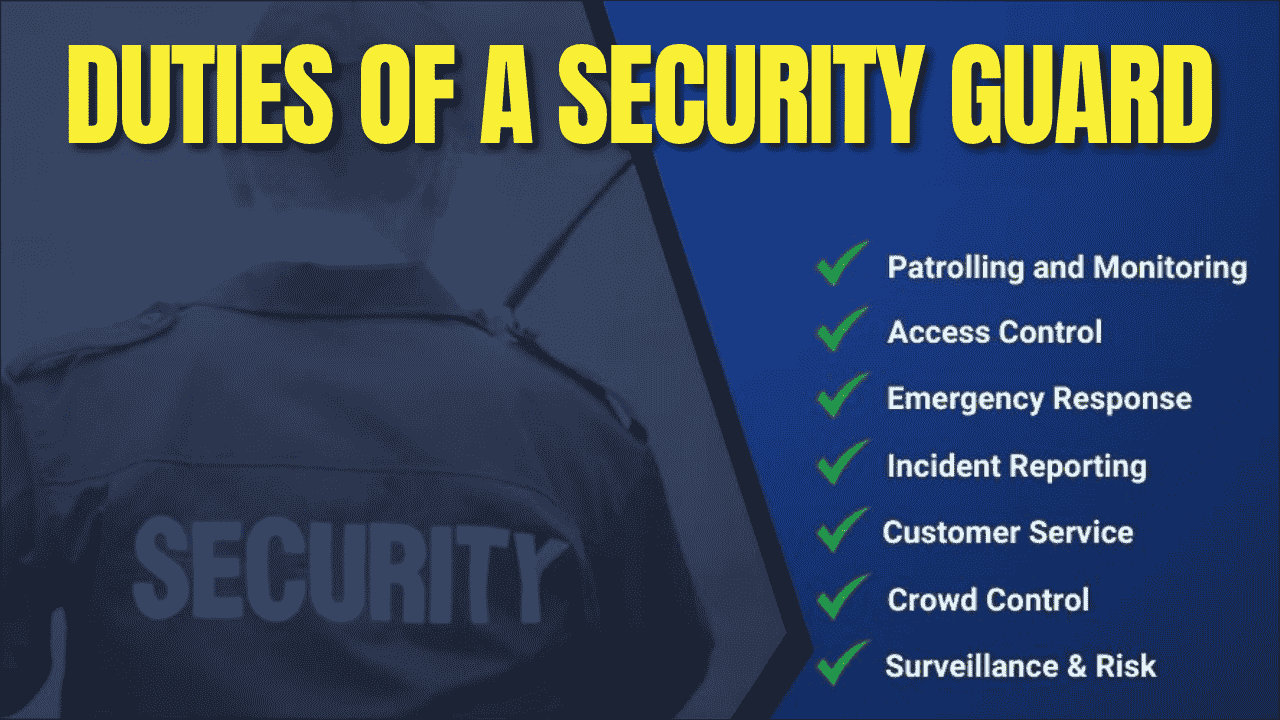
Private security services have become essential in modern society. Businesses, institutions, and individuals now depend on private guards and agencies to maintain safety and prevent crime. While these services bring many benefits, they also come with serious liability issues. Understanding these risks helps both security firms and clients avoid legal trouble and maintain professional standards.
Table of Contents
Types of Liability in Private Security
Several types of legal responsibilities may arise in the private security sector. These depend on the nature of the incident, the role of the guard, and the agreement between the service provider and the client.
- Civil liability arises when a security guard or company is sued for damages by a third party.
- Criminal liability occurs when the actions of a guard break the law, such as using excessive force.
- Contractual liability results when the security agency fails to meet the terms of the agreement with a client.
Common Causes of Legal Liability
Several actions or failures can lead to lawsuits or criminal charges against private security providers.
- Negligence in performance, such as not responding to threats in time.
- Use of excessive force that causes injury or death.
- Improper training or lack of knowledge about legal procedures.
- False arrest or detention of innocent individuals.
- Failure to prevent harm when it was reasonably possible to do so.
Key Areas of Concern in Liability
Private security companies must be careful in several critical areas to avoid lawsuits or penalties.
Key Areas and Liability Risks
| Area | Liability Risk |
|---|---|
| Use of Force | Legal action if force is unnecessary or too strong |
| Arrest and Detention | Risk of false imprisonment claims |
| Trespassing | Entering private property without legal authority |
| Surveillance | Violating privacy rights through hidden cameras or unauthorized data collection |
| Firearm Use | Accidents or misuse can lead to criminal and civil charges |
| Emergency Response | Delayed or poor action in a crisis can lead to negligence claims |
Legal Framework and Licensing
Private security providers are governed by national and state regulations. In India, for example, the Private Security Agencies (Regulation) Act, 2005 (PSARA) governs the registration and conduct of private security firms.
- PSARA license is mandatory for legal operation.
- State-specific rules may add extra training and reporting standards.
- Background checks and police verification are required for guards.
- Ongoing training is often legally required to reduce liability.
Responsibility of Security Firms
Private security companies must follow best practices to reduce the risk of liability. They must also train their staff properly and keep clear records of operations.
- Recruit qualified personnel with clean criminal records.
- Provide legal and physical training on self-defense, conflict resolution, and customer rights.
- Supervise security staff through routine checks and field audits.
- Maintain logs and reports for patrols, incidents, and actions taken.
- Ensure compliance with laws, licenses, and client agreements.
Responsibility of Clients
Clients hiring security services also share some responsibility. They must understand the limitations of private security and ensure their contracts are clear and lawful.
- Clearly define duties and the scope of authority for guards in the contract.
- Avoid assigning illegal tasks, such as forced evictions without court orders.
- Monitor the security team’s actions on their property.
- Report any misconduct by guards to the agency immediately.
- Support proper coordination between private guards and public police.
Roles and Liabilities of Stakeholders
| Stakeholder | Legal Duty |
|---|---|
| Security Agency | Ensure training, follow laws, and supervise guards |
| Security Guard | Act within the law, use reasonable force, and avoid discrimination |
| Client | Define legal tasks, monitor activities, and avoid misuse of guards |
| Government | Regulate the industry, issue licenses, and conduct checks |
| Public/Third Party | May file lawsuits if harmed by the actions of guards or agencies |
Insurance and Risk Management
Proper insurance policies protect security agencies from financial loss due to lawsuits or accidents.
- Public liability insurance covers damages caused to others.
- Professional indemnity insurance protects against claims of misconduct or errors.
- Workers’ compensation covers guards injured on duty.
- Risk assessment should be done before deploying guards in high-risk zones.
Training and Certification
Training plays a central role in reducing liability. Well-trained guards are less likely to make legal mistakes and can handle conflicts more responsibly.
- Legal rights and limitations must be included in every training module.
- Scenario-based exercises help prepare guards for real-life events.
- Customer service and ethics reduce the chances of aggressive behavior or discrimination.
- Emergency drills make sure guards respond quickly and safely during crises.
Essential Training Modules for Guards
| Training Area | Purpose |
|---|---|
| Legal Boundaries | Teach guards what they can and cannot legally do |
| Physical Defense | Show how to handle attackers without causing unnecessary harm |
| First Aid | Help injured people until medical help arrives |
| Communication Skills | Prevent fights by using calm and respectful language |
| Technology Handling | Operate surveillance systems legally and responsibly |
Recent Trends in Liability Cases
Recent years have shown an increase in liability cases related to private security, especially in urban areas and event management sectors.
- Celebrity events and political rallies often face lawsuits over crowd control failures.
- Mall and office security guards have been sued for harassment and wrongful detention.
- Nightclubs and bars often face claims involving guards using unnecessary physical force.
- Private gated communities face cases over privacy breaches and physical checks.
Steps to Reduce Legal Risks
Both agencies and clients can work together to reduce liability through preventive actions.
- Use written contracts with detailed terms and conditions.
- Conduct regular audits of guard behavior and incident reports.
- Update training based on recent laws and real-case examples.
- Create complaint systems for the public to report poor conduct by guards.
- Work with law enforcement to handle situations that go beyond private authority.
Closing Perspectives
Liability issues in private security services are serious and growing. Legal responsibility can fall on guards, agencies, and clients if the rules are not followed. Proper training, clear contracts, legal awareness, and ethical behavior are essential to reduce these risks. A well-regulated security service not only protects people and property but also upholds the law and gains public trust.





